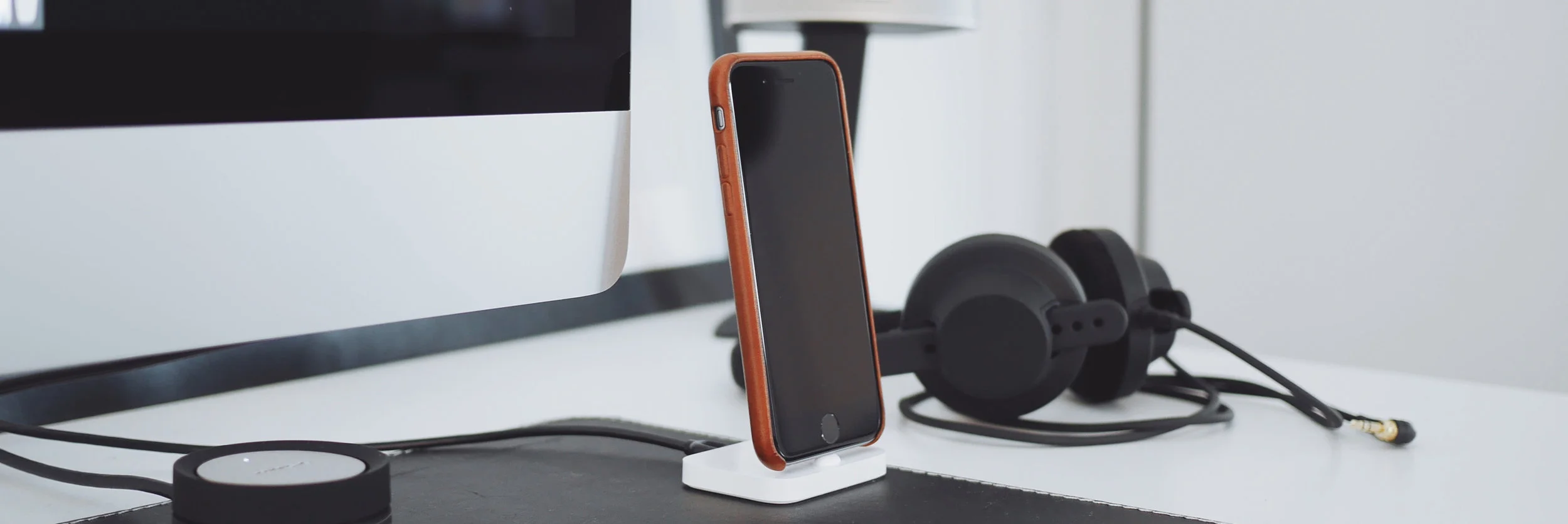Here’s a familiar story:
- Eager lawyer reads about the benefits of blogging and building an audience online;
- Lawyer sets up blog, publishes a few posts and…crickets;
- Lawyer gets discouraged and the blog withers and dies.
This is a common story, but there’s a scarier one out there. It’s about the lawyer who, against all odds and despite any traffic, soldiers on for years publishing post after post into the vast expanse of the Internet. He builds it – and keeps building it – but no one ever comes.
The first lawyer is fortunate in that he wasted relatively little time on his endeavor. The fact that he quit so soon means he was never going to make it anyway. So better to cut his losses.
The second lawyer, on the other hand, has the grit needed to become a successful blogger, but lacks the know-how. This scenario is more dangerous than the first because many lawyers toil away at legal blogs for years and years with no plan and no understanding of how to build an audience. Their determination is commendable. Their results are not. Legal blogging, done poorly, is a huge waste of time and money.











